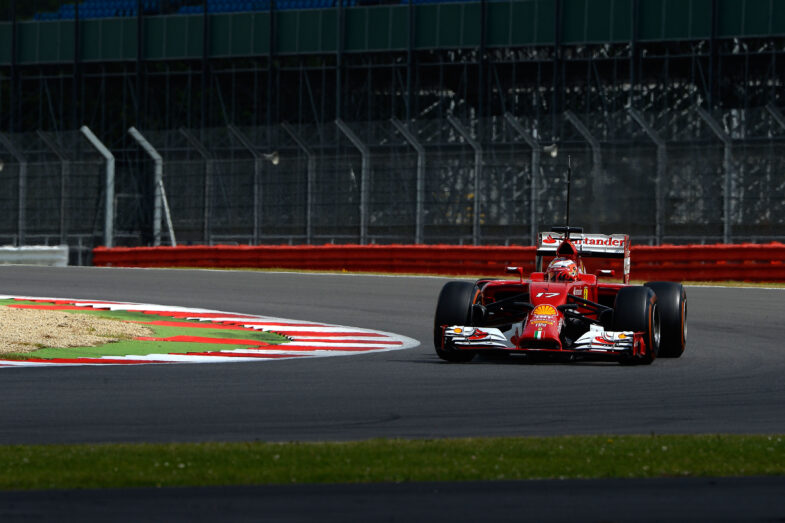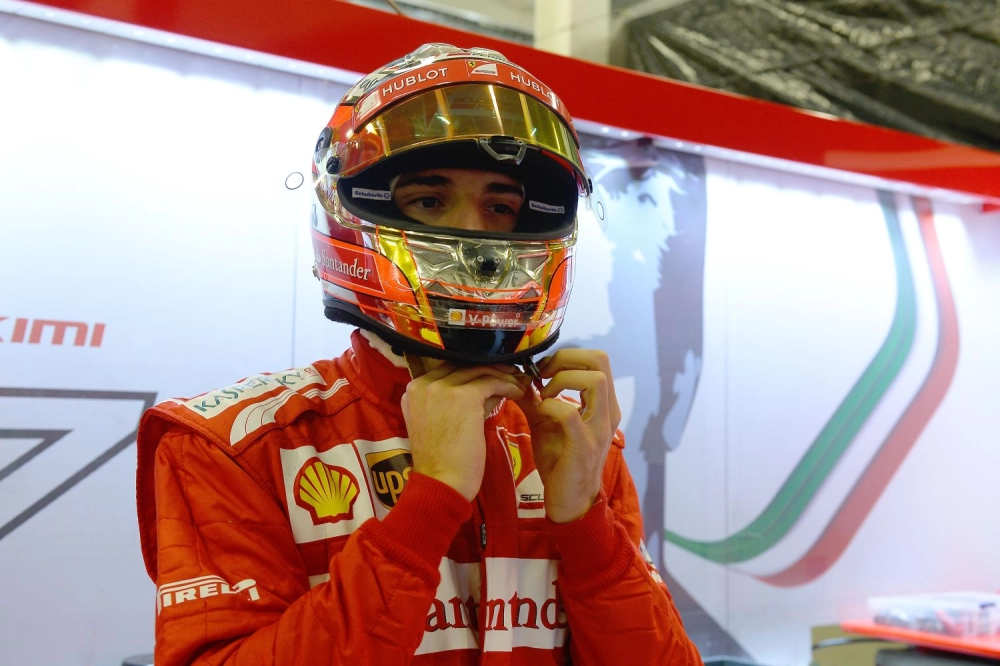F1: Jules Bianchi – 10 Years Already, the Broken Destiny of a Driver with an Eternal Legacy
On July 17, 2015, Jules Bianchi passed away at the age of 25, nine months after a terrible accident at the Japanese Grand Prix in Suzuka. Ten years later, the world of Formula 1 remembers this promising French driver with emotion, whose meteoric rise was abruptly cut short. July 17, 2025 marks a decade of absence—but also a decade of remembrance and legacy.
Born in Nice on August 3, 1989, Jules Bianchi was immersed in motor racing from a very young age. Grandson of Mauro Bianchi and great‑nephew of Lucien Bianchi, he started in karting and quickly progressed through junior formulas. He became French Formula Renault champion in 2007, won the Masters of F3 in 2008, and then clinched the Formula 3 Euro Series title in 2009, the same year he joined the Ferrari Driver Academy. What followed was a rapid ascent toward Formula 1… and then—on this July 17, 2025—ten years after Jules Bianchi’s passing, his aura and presence remain palpable, much like that of the late François Cevert and other admired F1 drivers.
Remembering Jules Bianchi.
— Formula 1 (@F1) July 17, 2025
Today. And every day. ❤️ pic.twitter.com/xvHXI4fFzT
Bianchi’s rise continued in GP2, finishing third in the championship in both 2010 and 2011, then serving as vice‑champion in the Formula Renault 3.5 Series in 2012. Prior to his F1 debut, he had already drawn attention from prestigious teams: in 2011, he was named test driver for Scuderia Ferrari, becoming the first official member of the Ferrari Driver Academy; the following year, he joined Force India as a reserve driver, participating in several practice sessions during the season. Those experiences at high-level teams reflected the confidence the paddock had in him and hinted at a promising career with a top team.

In 2013, Bianchi made his Formula 1 debut with the modest Marussia team—but he transcended the car’s limitations. His most memorable achievement remains his ninth-place finish at the 2014 Monaco Grand Prix, earning Marussia its first—and only—points in F1 history.

On October 5, 2014, during the Japanese Grand Prix at Suzuka under torrential rain from Typhoon Phanfone, Bianchi lost control of his car at Turn 7. He crashed violently into a recovery crane that had been deployed to remove Adrian Sutil’s Sauber, despite yellow flags being displayed. The impact, measured at a staggering 254 g, caused a severe brain injury—a diffuse axonal injury—and he fell into a coma from which he would never awaken. His death on July 17, 2015, in Nice was the first Formula 1 fatality since Ayrton Senna in 1994, sending shockwaves through the paddock and reigniting debates on driver safety.

Bianchi’s accident served as a catalyst for major safety reforms. From 2015, the FIA introduced the Virtual Safety Car (VSC) procedure, followed by the mandatory Halo cockpit protection device in 2018—both innovations that have since saved lives, including those of Romain Grosjean and Guanyu Zhou. His racing number, 17, was retired in his honour. The Jules Bianchi Association, founded by his family, works to support brain‑injured individuals and promote circuit safety.
It’s worth noting that Jules Bianchi was the godfather of Charles Leclerc, now a Ferrari driver. Leclerc regularly pays tribute to his mentor, including through commemorative helmets during the Japanese Grand Prix. Their bond transcends sport—it symbolizes a transmission of values, passion, and resilience. Events like the Karting Marathon at Le Castellet or tributes at Suzuka attest to Bianchi’s enduring impact on the F1 community. Ten years on, his memory remains intact, carried forward by family, fans, and peers.

Finally, though Jules Bianchi raced in just 34 Formula 1 Grands Prix, his legacy goes far beyond the statistics. He embodies courage, talent, and humanity in a sport often ruthless. On this tragic anniversary, Formula 1 remembers a driver who could have become a legend—and in many ways already has—through his legacy, memory, and the lives his story helped to protect.
Source Article : https://lesvoitures.fr/jules-bianchi-f1-10-ans/




